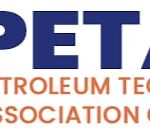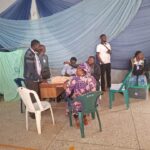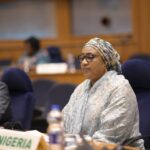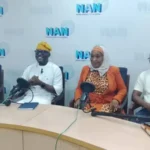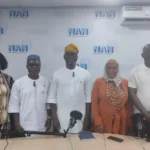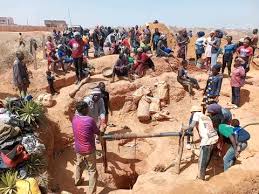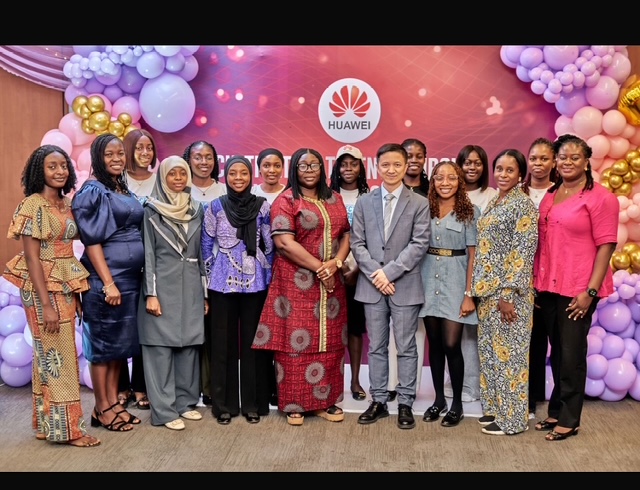How UNICEF, partners transformed Almajiri, Girls’ lives in Sokoto
By Funmilayo Adeyemi, News Agency of Nigeria (NAN) Two years ago, Abubakar Mustapha’s life was filled with uncertainty. Like many young people in Shuni, a community in Dange-Shuni Local Government Area of Sokoto State, he struggled to find a stable source of income. However, his fortunes changed when he participatedContinue Reading


